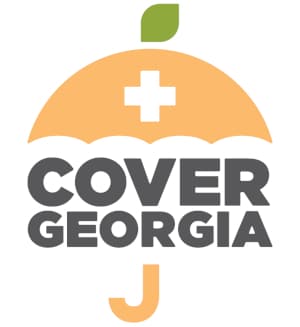Georgians with Mental Health & Substance Use Conditions Endangered by Gov. Kemp’s Plan to Change Health Insurance
In July 2020, Governor Brian Kemp asked the federal government to approve a plan that would make several changes to private insurance in Georgia. The Governor’s plan is made up of two parts: 1) Reinsurance—which would help to lower premiums for some Georgians; and 2) the Georgia Access model—which would force consumers to enroll in coverage through for-profit insurance companies and web brokers instead of the unbiased and centralized enrollment platform that consumers know and

